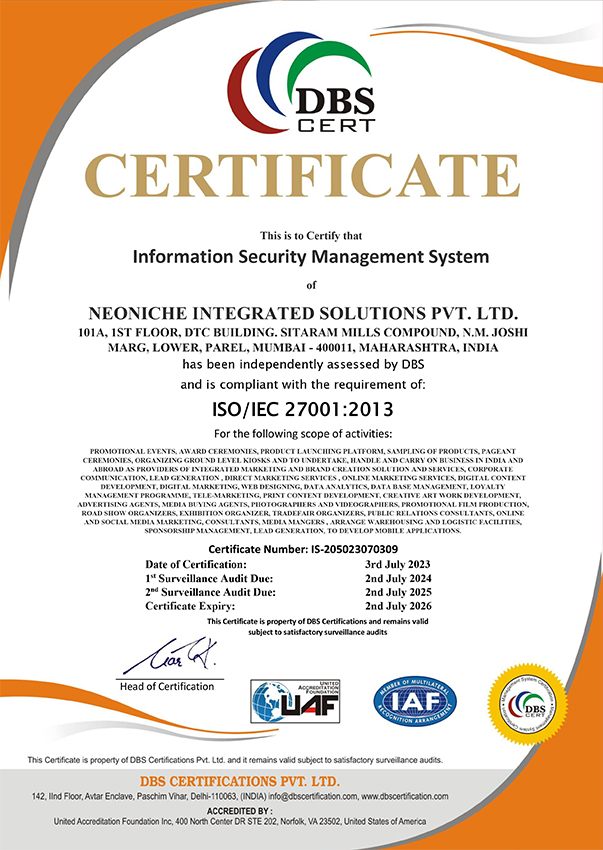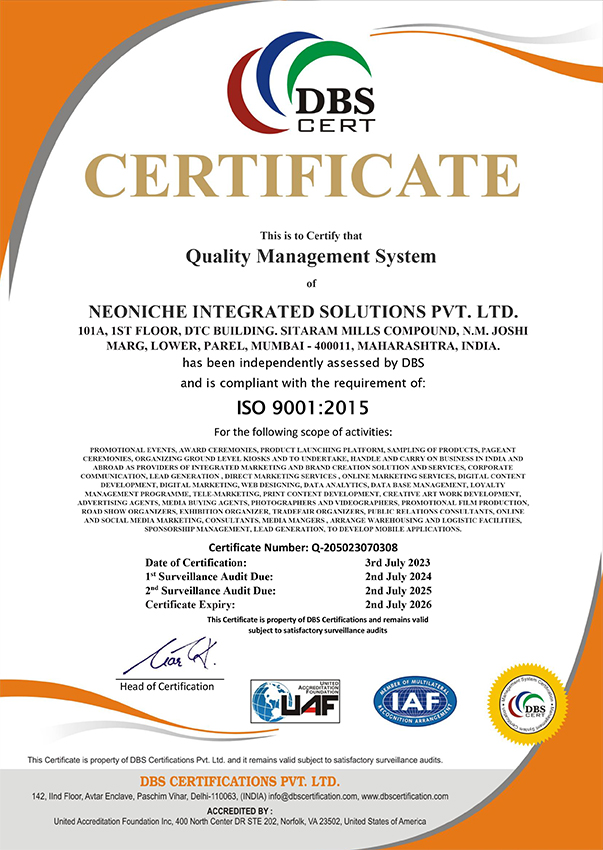In the coming year, brands will have to be more nimble to keep up with changing desires, be available on digital platforms and on aggregators such as Amazon, Myntra, etc. and increase their speed-to-market which will arise from supply chain efficiencies.
Tell more authentic stories and moments that matter: Social media is one of the fastest growing sources of fashion desires. Approximately 75% of respondents in the age group 18-20 find fashion trends on social media – The key reasons for this growth is building relationships and burgeoning engagement. People are drawn to real life stories and authenticity by telling personal anecdotes and the difference it made to individual lives. Showing behind the scenes footage, reasons for believing in the brand, etc. has worked particularly well in the digital environment. Durex has simplified the buying process through online retail (curtailing the stigma sometimes attached to it) and uses an authentic content style that blurs the line between casual and edgy statements.
Curate content for mobile: Nearly every relevant consumer to this industry owns a cellular phone and is accustomed to finding any information they want at their fingertips. With the age of digitalization well underway, it is critical to provide an experience that is beautiful and interactive in a way that is easy and accessible – through apps, responsive web pages and videos optimized for mobile phones. Integrated marketing solutions will help deliver holistic campaigns that give users a seamless experience across multiple touchpoints.
Influencer Marketing: With the growing trend of influencer marketing, corporate event management companies will seek to capitalize on the intimate relationships formed between influencers and their audience. Endorsements in proven influencer marketing strategies can help develop relationships at a scale and efficiency that previously was not possible.
Repurpose, Reuse, Recycle: Awareness about Eco-friendliness has permeated through most organizations, from saving paper to reducing waste involved in production. The lifestyle industry has a unique opportunity residing in the product itself. Sustainable clothing is picking up momentum and crafting clothes from waste is becoming a trend even among bigger brands like Levi’s. When it comes to events, creating an eco-friendly experience can go a long way in creating a positive impression among consumers.
Several big lifestyle brands have failed to capitalize on these opportunities and newer brands have gained a foothold in the market share due to their adaptability, eco-friendly production methods and digital marketing practices. Keeping these trends in mind will help drive value, brand recall and create a personal niche within the overall market.


